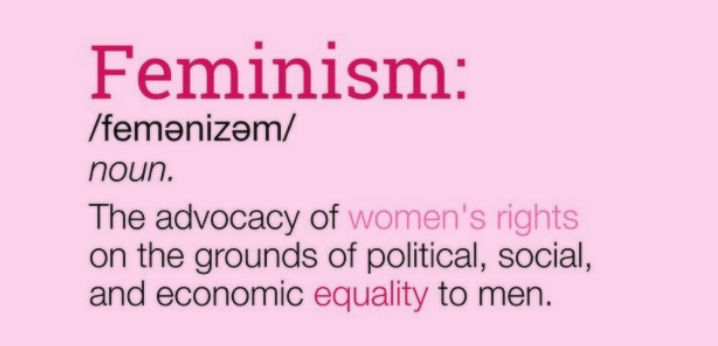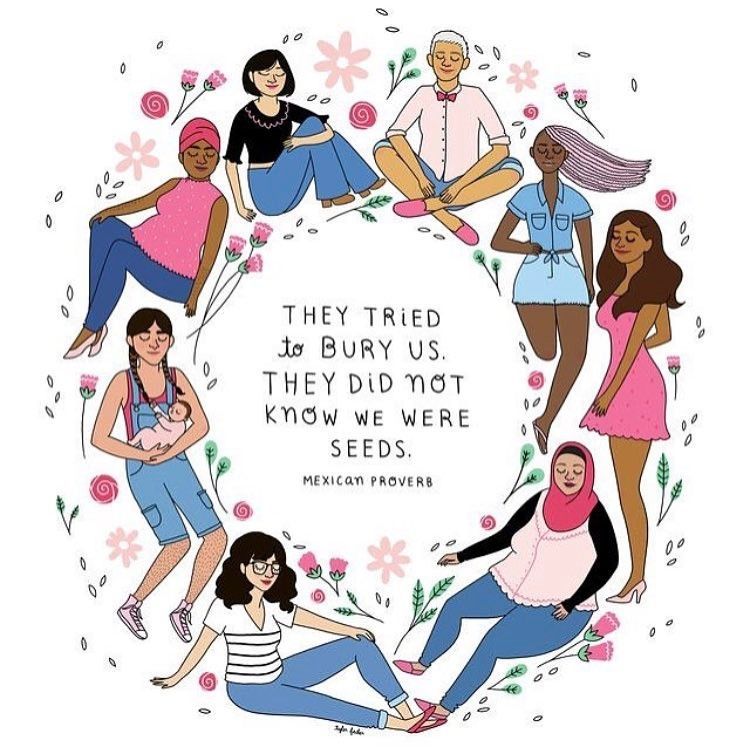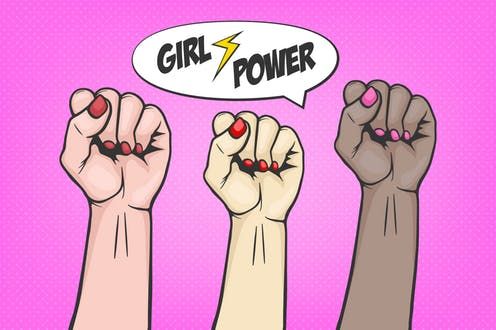Feminism
May 20, 2019 • 19 views
Feminism is a range of social movements, political movements, and ideologies that share a common goal: to define, establish, and achieve the political, economic, personal, and social equality of the genders.
“To be ‘feminist’ in any authentic sense of the term is to want for all people, female and male, liberation from sexist role patterns, domination, and oppression.”

It is well established that women are under-represented in positions of power and leadership, undervalued, and experience discrimination and gender-based violence in scientific and health disciplines across the world. Intersectional approaches have provided insights into how other categories of difference such as ethnicity, class, geography, disability, and sexuality interact with gender to compound inequalities. Most submissions to this theme issue came from high-income countries, highlighting the need to support scholarship from the Global South. Geordan Shannon and colleagues provide a global overview of gender inequality in science, medicine, and global health, and discuss the evidence for the substantial health, social, and economic gains that could be achieved by addressing this inequality. Indeed, some studies, including one in this issue by Cassidy Sugimoto and colleagues, show that more diverse and inclusive teams lead to better science and more successful organisations.

Despite decades of recognition, these problems have proved stubbornly persistent. It is now commonplace for organisations to make public statements valuing diversity, hire diversity officers, and implement programmes to advance women's careers. Yet, all too often, such programmes locate the source of the problem, and hence the solution, within women and their own behaviour. Thus, although actions such as mentoring and skills training might be well intentioned and advantageous to a degree, they often fail to engage with broader features of systems that disproportionately privilege men. For instance, Holly Witteman and colleagues show, using data from a federal funder, how gender bias disadvantages women applying for grant funding.

Reflecting on these biases can be difficult for professions like science and medicine that are grounded in beliefs of their own objectivity and evidence-driven thinking. A trio of papers in this issue demonstrates the value of critical perspectives in this regard. Malika Sharma explains how the “historical gendering of medicine prioritises particular types of knowledge (and ways of producing that knowledge), and creates barriers for critical, and specifically feminist, research and practice”. Feminist and other critical perspectives enable researchers to question the underlying assumptions that produce and maintain social hierarchies, and in doing so, imagine ways to transform fields and practices to make them more equitable and inclusive.
For actions to have lasting and far-reaching consequences, they must therefore be directed at creating institutional-level change. Gender equity is not only a matter of justice and rights, it is crucial for producing the best research and providing the best care to patients. If the fields of science, medicine, and global health are to hope to work towards improving human lives, they must be representative of the societies they serve. The fight for gender equity is everyone's responsibility, and this means that feminism, too, is for everybody—for men and women, researchers, clinicians, funders, institutional leaders, and, yes, even for medical journals.

